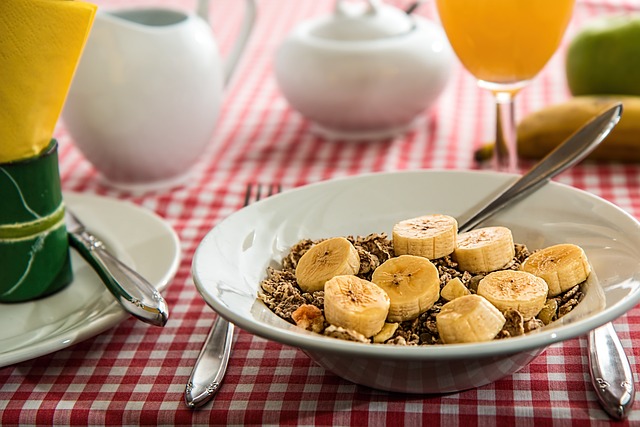Unleashing the Power of Probiotics: A Comprehensive Overview
What are Probiotics?
Probiotics are live microorganisms that provide health benefits when consumed in adequate amounts. They are often referred to as “good” bacteria because they help maintain the natural balance of organisms in your gut. The most commonly known probiotics are strains of Lactobacillus and Bifidobacterium.
The Importance of a Healthy Gut
A healthy gut plays a crucial role in overall well-being. It aids in digestion, enhances nutrient absorption, and supports a strong immune system. However, various factors like poor diet, stress, antibiotics, and environmental toxins can disturb the gut microbiota, leading to an imbalance.
How Do Probiotics Work?
Probiotics work by colonizing the gut with beneficial bacteria, thus helping restore the natural balance. They promote the production of short-chain fatty acids, improve intestinal barrier function, and enhance immune response. Probiotics also compete with harmful microbes for nutrients and space, further promoting a healthy gut environment.
Health Benefits of Probiotics
- Improved Digestive Health: Probiotics can alleviate symptoms of digestive disorders such as irritable bowel syndrome (IBS), inflammatory bowel disease (IBD), and diarrhea caused by antibiotics.
- Enhanced Immune Function: By influencing the gut-immune system communication, probiotics can help strengthen your body’s defense against pathogens and reduce the risk of respiratory and gastrointestinal infections.
- Mood Enhancement: Emerging research suggests a connection between gut health and mental well-being. Probiotics may help reduce symptoms of anxiety and depression.
- Improved Heart Health: Specific strains of probiotics have been shown to lower blood pressure and cholesterol levels, reducing the risk of heart disease.
- Weight Management: Some studies indicate that certain probiotics can aid in weight loss and prevent weight gain by regulating appetite and reducing fat absorption.
Sources of Probiotics
Probiotics can be found in various food sources, including:
- Yogurt: Look for yogurt with live or active cultures. Greek yogurt is an excellent choice.
- Kefir: A fermented milk drink that contains a high concentration of probiotics.
- Sauerkraut: Fermented cabbage is rich in probiotics and other beneficial compounds.
- Kombucha: A fizzy, fermented tea that contains probiotics and antioxidants.
- Kimchi: A Korean dish made from fermented vegetables, which provides a diverse range of probiotic strains.
Choosing the Right Probiotic Supplement
If you prefer to take probiotic supplements, consider the following:
- Strain Diversity: Look for a supplement containing a variety of strains to target different areas of the gut.
- Number of Live Cultures: Ensure the supplement guarantees a sufficient number of live organisms at the time of consumption.
- Survivability: Check if the supplement uses enteric coatings or other technologies to protect the probiotics from stomach acid, ensuring they reach the intestines alive.
Conclusion
Probiotics offer a myriad of health benefits by promoting a balanced gut microbiome. They play a vital role in maintaining digestive health, bolstering the immune system, and contributing to overall well-being. Whether through food sources or supplements, incorporating probiotics into your daily routine can contribute to better long-term health. However, it’s always recommended to consult with a healthcare professional before starting any new supplement.







